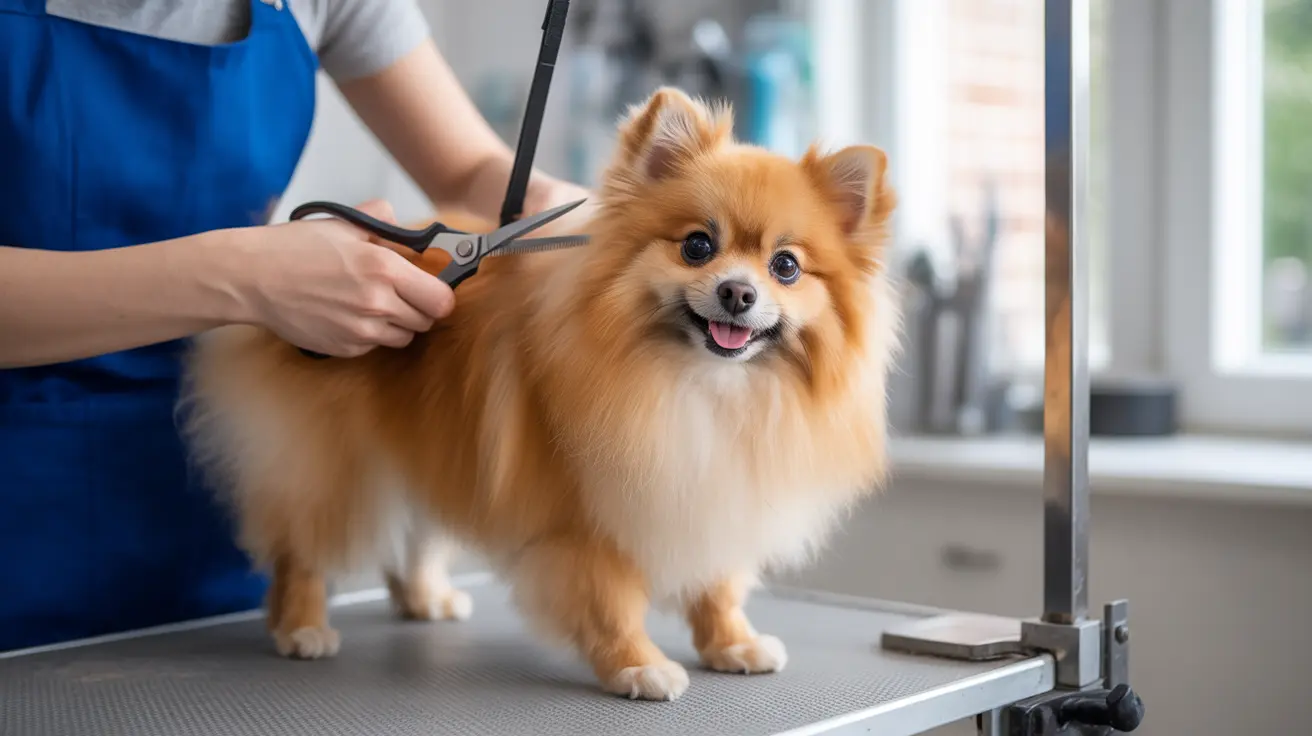Embarking on a career as a dog groomer offers an exciting opportunity to work with animals while building a rewarding professional path. Whether you're passionate about pets or seeking a career change, becoming a dog groomer combines creativity, technical skill, and genuine care for animals.
In this comprehensive guide, we'll explore everything you need to know about starting your journey as a professional dog groomer, from education requirements to practical experience and business opportunities.
Essential Education and Training Requirements
While formal education isn't legally required in most states, proper training is crucial for success in dog grooming. Most aspiring groomers start with either a high school diploma or GED before pursuing specialized training through:
- Professional grooming schools (2-5 months of hands-on training)
- Certificate programs (online or in-person)
- Apprenticeships with experienced groomers
These programs typically cover essential topics like canine anatomy, breed-specific grooming techniques, safety protocols, and tool handling.
Building Practical Experience
Hands-on experience is vital for developing your grooming skills. Consider these pathways to gain practical knowledge:
- Start as a dog bather or grooming assistant
- Volunteer at animal shelters or rescue organizations
- Work at pet stores with grooming departments
- Shadow experienced groomers
Professional Certification and Development
While certification isn't mandatory, it significantly enhances your credibility and career prospects. Leading certification organizations include:
- National Dog Groomers Association of America (NDGAA)
- International Professional Groomers, Inc. (IPG)
These organizations offer comprehensive testing and certification programs that validate your expertise in the field.
Essential Tools and Equipment
Success in dog grooming requires investing in quality tools and equipment, including:
- Professional-grade clippers and blades
- Various scissors and shears
- Grooming tables and restraints
- High-velocity dryers
- Brushes and combs for different coat types
- Nail care tools
- Sanitization supplies
Business Opportunities and Career Growth
The dog grooming industry offers various career paths and business opportunities:
- Working in established grooming salons
- Opening your own grooming business
- Mobile grooming services
- Specializing in show dog grooming
- Teaching or training other groomers
The average salary for dog groomers varies by location and experience, with experienced professionals earning upwards of $54,000 annually in some areas.
Professional Skills and Qualities
Successful dog groomers possess a combination of technical and personal skills:
- Patience and calm demeanor
- Physical stamina
- Attention to detail
- Strong communication skills
- Basic business acumen
- Knowledge of animal behavior
- Problem-solving abilities
Frequently Asked Questions
What education and training do I need to become a professional dog groomer?
While no formal education is legally required, completing a professional grooming program or apprenticeship is highly recommended. These programs typically take 2-5 months and cover essential skills, safety protocols, and business practices.
How can I gain practical experience and skills in dog grooming before working independently?
Start by working as a grooming assistant or bather, volunteering at animal shelters, or completing an apprenticeship program. These experiences provide hands-on training with different breeds and coat types under professional supervision.
Is certification required to work as a dog groomer, and what are the benefits of getting certified?
Certification isn't legally required but offers significant benefits, including increased credibility, higher earning potential, and better job opportunities. Major certifying organizations like NDGAA provide recognized credentials in the industry.
What tools and techniques should I learn to provide safe and effective grooming services?
Essential skills include proper use of clippers, scissors, and grooming tools, understanding different coat types and breeds, safe handling techniques, and recognition of common skin conditions and health issues.
How can I start my own dog grooming business or find employment in the grooming industry?
Begin by gaining experience in established salons, building a portfolio of work, and developing a business plan. Network within the industry, maintain professional certifications, and consider starting with mobile services or booth rental before opening a full salon.
With dedication, proper training, and a genuine love for animals, becoming a dog groomer can lead to a fulfilling career with numerous opportunities for growth and success in the pet care industry.






